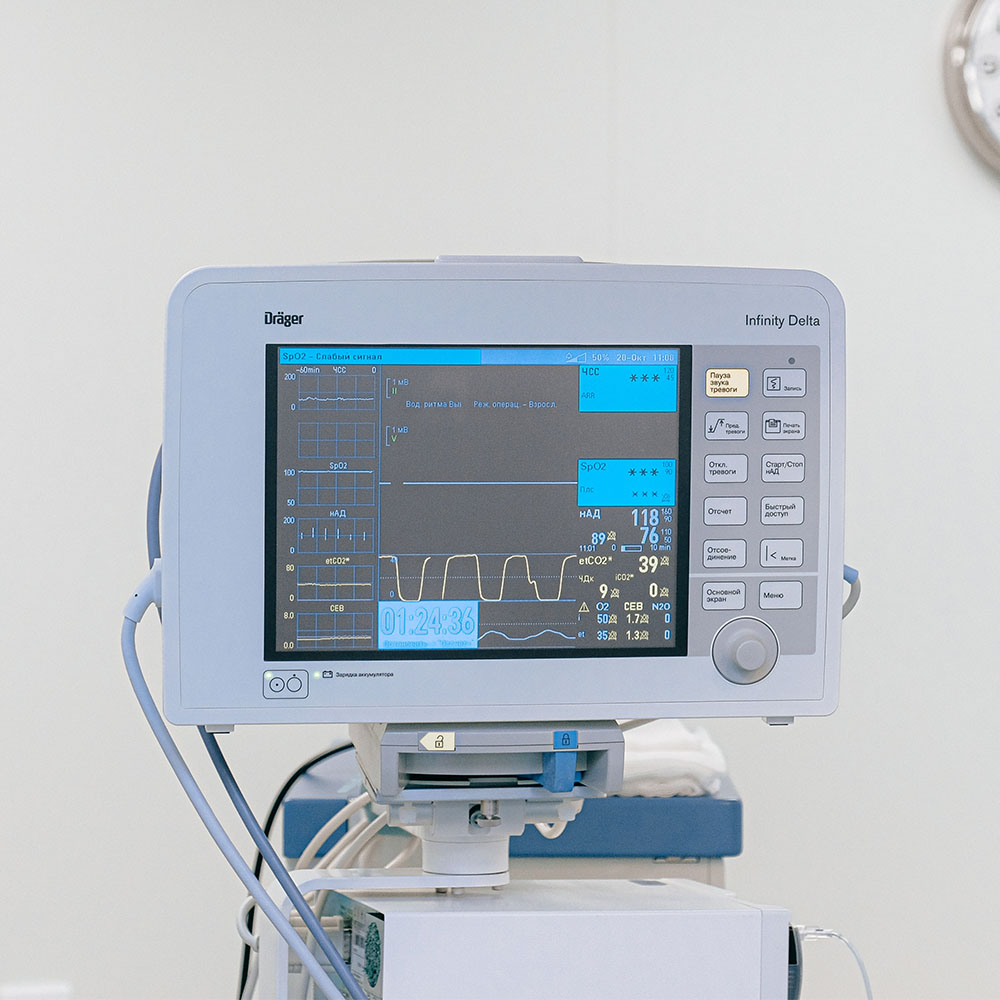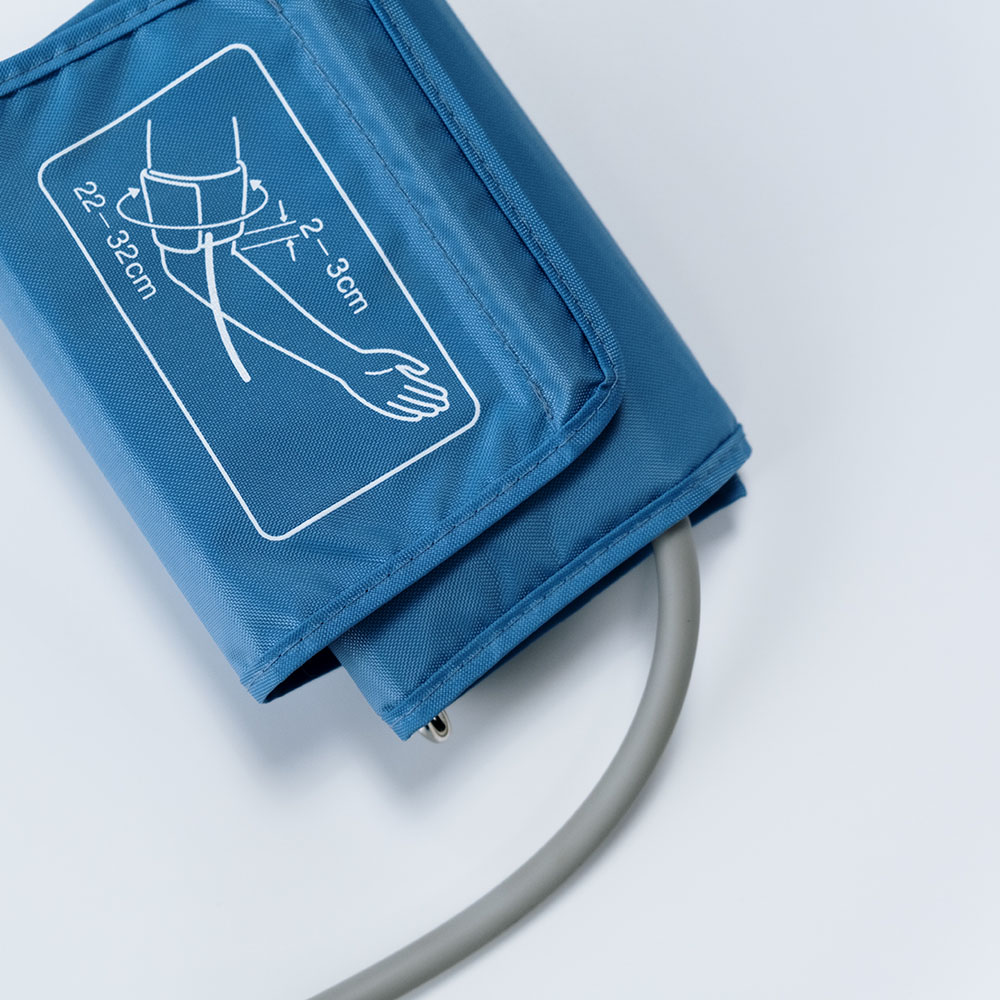There are many health reasons we all need to try and eat a healthier diet. The main reason is to prevent a person from becoming obese which can lead to more serious health conditions. The term obese describes a person who’s very overweight, with a lot of body fat.
It’s a common problem in the UK that’s estimated to affect around 1 in every 4 adults and around 1 in every 5 children aged 10 to 11.
For further support on how to make healthier diet choices see the below websites or contact our pharmacy team and speak to our health care adviser.
Healthy Lifestyle Advice
Healthy Lifestyle Advice

Diabetes
Diabetes is a lifelong condition that causes a person’s blood sugar level to become too high. The amount of sugar in the blood is controlled by a hormone called insulin, which is produced by the pancreas (a gland behind the stomach).
When food is digested and enters your bloodstream, insulin moves glucose out of the blood and into cells, where it’s broken down to produce energy.
However, if you have diabetes, your body is unable to break down glucose into energy. This is because there’s either not enough insulin to move the glucose, or the insulin produced does not work properly.
There are no lifestyle changes you can make to lower your risk of type 1 diabetes.
You can help manage type 2 diabetes through healthy eating, regular exercise and achieving a healthy body weight. See the below website for further information on what causes this condition and how to manage it.

Coronary heart disease
Coronary heart disease is the term that describes what happens when your heart’s blood supply is blocked or interrupted by a build-up of fatty substances in the coronary arteries.
Over time, the walls of your arteries can become furred up with fatty deposits. This process is known as atherosclerosis and the fatty deposits are called atheroma.
Atherosclerosis can be caused by lifestyle factors, such as smoking and regularly drinking excessive amounts of alcohol.
You’re also more at risk of getting atherosclerosis if you have conditions like high cholesterol, high blood pressure (hypertension), or diabetes.
For information on how to manage this condition or how to prevent symptoms from progressing, click on the link below:

High blood pressure (hypertension)
High blood pressure, or hypertension, rarely has noticeable symptoms. But if untreated, it increases your risk of serious problems such as heart attacks and strokes
Blood pressure is recorded with 2 numbers. The systolic pressure (higher number) is the force at which your heart pumps blood around your body.
The diastolic pressure (lower number) is the resistance to the blood flow in the blood vessel. High blood pressure can often be prevented or reduced by eating healthily, maintaining a healthy weight, taking regular exercise, drinking alcohol in moderation, and not smoking.
To find out the simple ways to prevent high blood pressure or reduce it just visit the below link;

Stop Smoking
Stopping smoking benefits your long-term health, including reducing the risk of a heart attack, heart disease and improving your breathing.
You’re four times more likely to quit smoking by using an NHS Service available.
Click the link below for information to help you quit today.




